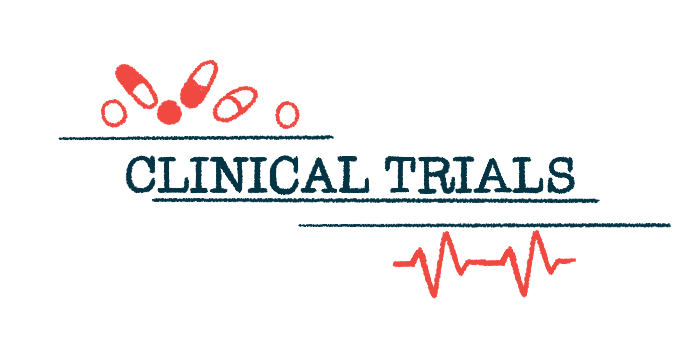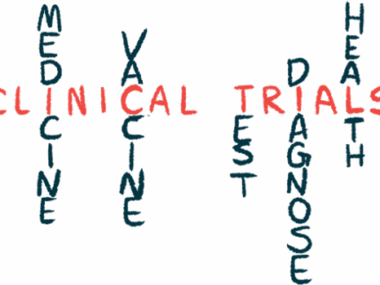Neurocrine opening two Phase 1 trials in oral Parkinson’s therapies
Safety studies of two candidates targeting muscarinic receptors M1 and M4
Written by |

Neurocrine Biosciences is opening two Phase 1 clinical trials in healthy adults to test two oral candidate muscarinic receptor agonists intended to treat Parkinson’s disease and other neurological conditions.
Both investigational therapies — called NBI-1117569 and NBI-1117567 — were developed by Sosei Heptares, which licensed its rights to Neurocrine in 2021.
According to the company, the Phase 1 study of NBI-1117569 has already started, and the trial investigating NBI-1117567 will begin next year. Further details were not available.
“NBI-1117569 and NBI-1117567 are the third and fourth candidates to advance into clinical trials from the portfolio of selective muscarinic receptor agonists discovered and licensed by Sosei Heptares to Neurocrine,” Matt Barnes, PhD, president of Sosei Heptares, said in a company press release.
Clinical trial of NBI-1117569 underway; NBI-1117567 study planned for 2024
Muscarinic receptors, a type of G protein-coupled receptor, are present in tissues that include the brain, cardiovascular system, and gastrointestinal tract. These receptors are divided into five categories or subtypes, labeled M1 through M5.
NBI-1117569 is an agonist of the M4 muscarinic receptor and NBI-1117567 of the M1 muscarinic receptor, meaning each works to activate and stimulate their particular receptor, mimicking the effects of natural signaling molecules. Both are being investigated for their potential in treating neurological and neuropsychiatric conditions.
Targeting M4 and M1 receptors in the brain has been proven to be effective in addressing cognitive and neuropsychological symptoms associated with such neurological diseases as schizophrenia, Alzheimer’s disease-related dementia, and Parkinson’s. A similar compound targeting the M4 receptor, NBI-1117568, is currently in a Phase 2 safety and early efficacy study (NCT05545111) in about 200 adults with schizophrenia across the U.S.
Each Phase 1 trial will assess the safety and tolerability of the candidate therapy in healthy adult participants. Their pharmacodynamics (the effects of a compound on the body) and pharmacokinetics (the movement of a medicine into, through, and out of the body) also will be evaluated.
“We are delighted that Neurocrine is progressing these unique M4-preferring and M1-preferring agonists into clinical development to target important unmet medical needs in neurological and neuropsychiatric disorders,” Barnes said.
Under the terms of the companies’ agreement, milestone payments from Neurocrine to Sosei Heptares will follow the successful completion of multiple development events for each program, but not of the Phase 1 trials.
“Neurocrine has the largest portfolio of muscarinic compounds in clinical development, and we look forward to future progress under this highly productive partnership, including the Phase 2 clinical data on NBI-1117568, a muscarinic M4 selective agonist, expected in the second half of 2024,” Barnes said.



